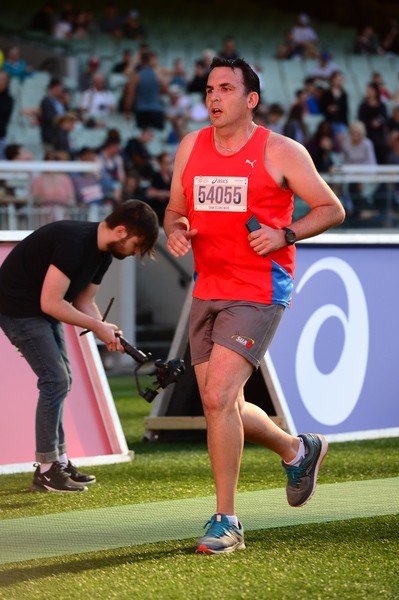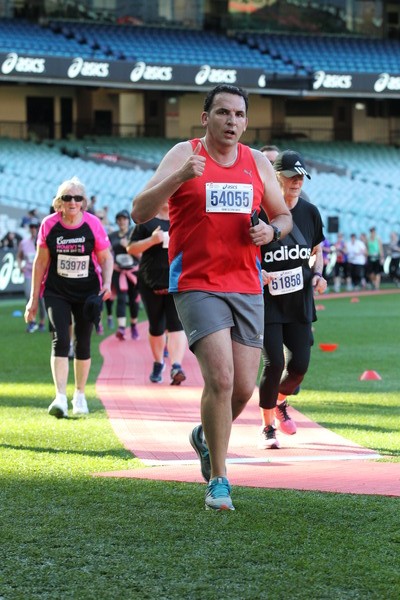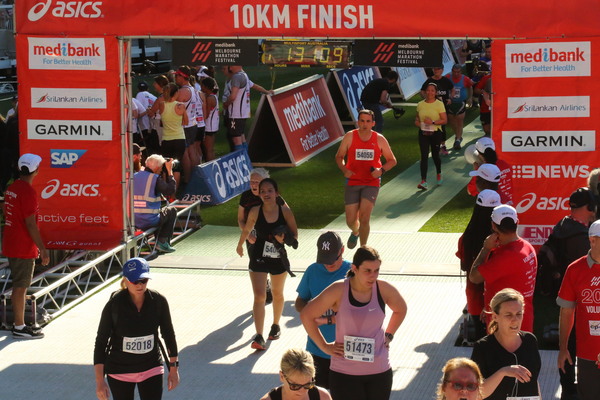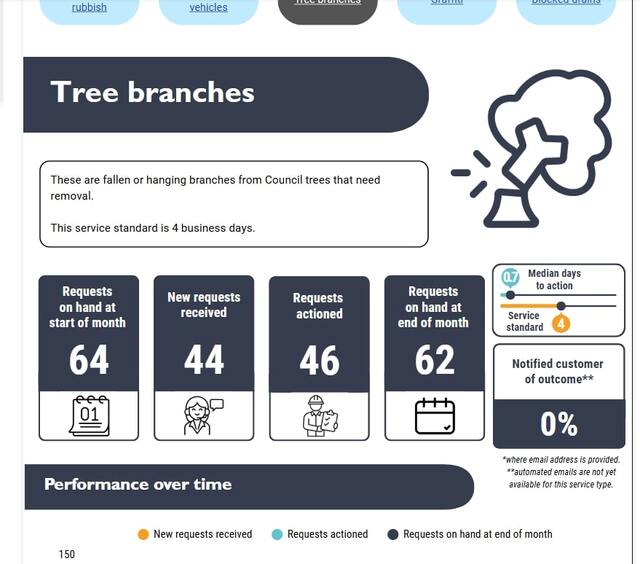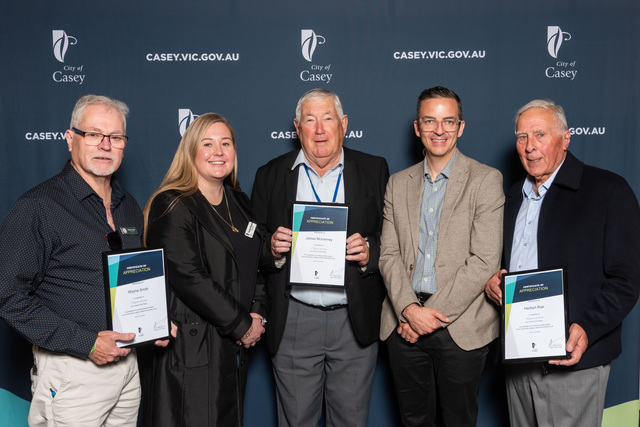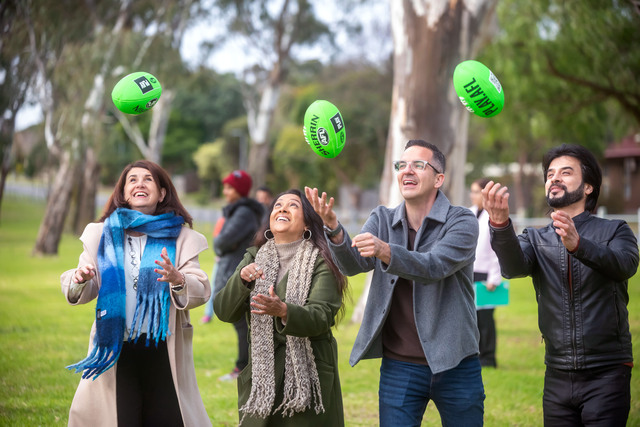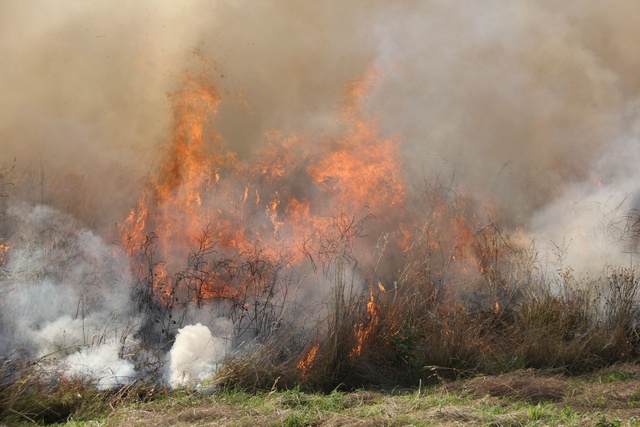If Bradley Scicluna listened to his doctor, he wouldn’t have attempted his Melbourne Marathon run on 14 October.
But the engineer at Dandenong bus manufacturer Volgren has made a habit of defying medical wisdom.
Ever since a devastating diagnosis of stage-4 gall bladder cancer more than a year ago.
Lumbered by chronic pain, Mr Scicluna says he completed the 10 kilometre-leg of Melbourne Marathon in a “shuffle/fast walk”.
Days after, he still felt “a bit sore”.
“I was not meant to do it. The physio and the doctor said not to do it.
“It was a bit of stubbornness on my part. It had been a goal of mine 10 or 12 weeks ago.
“It was a great experience, finishing inside the MCG.”
Even after his diagnosis, the husband and father of two had been going on daily six-kilometre runs from his Lynbrook home.
He regarded it as a tonic that helped ward off the side-effects of chemo and radiotherapy.
Mr Scicluna had been treatment-free for months, running well past what doctors thought would be his expiry date.
It was only a month ago that a bout of severe hip pain slowed him down.
“My wife and some of my co-workers commented that it was still a good effort to do 10 kilometres (at the Marathon).
“There’s a lot of people who wouldn’t have bothered.”
In the meantime, Mr Scicluna, his wife Catherine and daughters Olivia and Charlotte are getting away for regular trips away.
“We’re just doing things all the time. Every weekend has been very busy.
“We’re just lucky to be in such a position.”
Recently, he put his name to a National Oncology Alliance campaign on behalf of more than 6000 Australians with cancer without PBS-listed medications.
There are no PBS-listed treatment options for Mr Scicluna’s rare cancer.
The potentially life-extending medication Herceptin is available on the PBS for breast cancer patients but not gall bladder cancer.
It would cost him a prohibitive $70,000 a year.
In September, the Federal Government announced $10 million for clinical trials for six rare cancers, as well as boosted funding for research.

